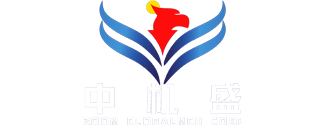DIY Concrete Projects: When to Use Professional Machinery
-
Thesis: While DIY is rewarding, recognizing when a project exceeds the capabilities of DIY tools and requires professional machinery is crucial for safety, quality, and cost-effectiveness.
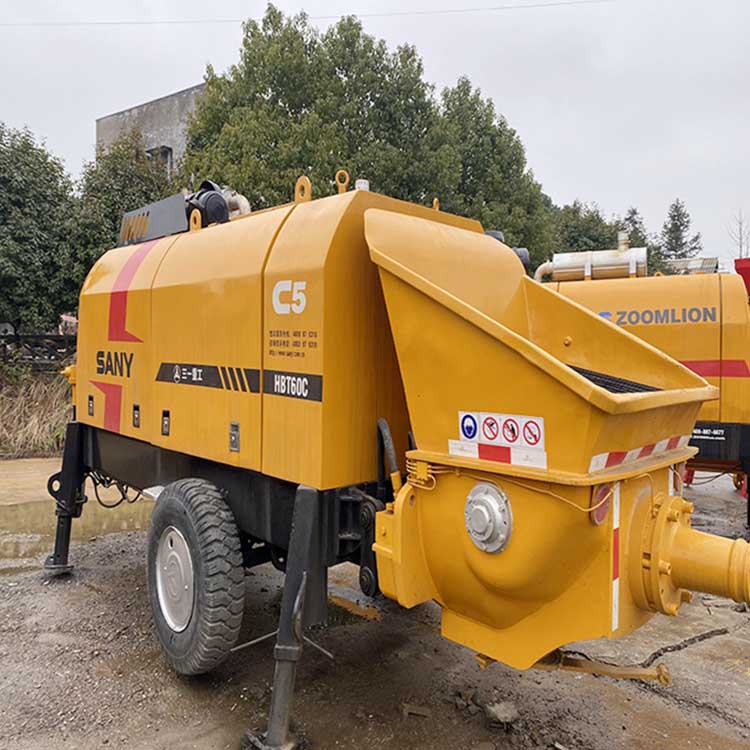
-
Outline:
-
DIY Realm (Appropriate Tools): Small slabs (patios, walkways), footings, minor repairs. Tools: Wheelbarrow, small mixer (<1/2 bag), hand tools (trowels, floats, edgers), maybe a small power screed/vibrator. Pros: Low cost, satisfaction. Cons: Labor-intensive, limited volume/quality consistency.
-
The Professional Machinery Threshold:
-
Volume: Pouring >2-3 cubic yards becomes extremely laborious/impossible with DIY tools.
-
Placement Complexity: High walls, deep footings, overhead placement – requires pumps.
-
Quality Demands: Flawless flatness (FF/FL numbers), specialized finishes (exposed aggregate, stamped), structural elements – requires laser screeds, power trowels, experienced operators.
-
Concrete Type: Handling SCC, fiber-reinforced, fast-set mixes often needs specialized equipment/placement techniques.
-
Time Constraints: Large pours need continuous, rapid placement only machinery can provide.
-
Safety: Pumping avoids manual handling of heavy wet concrete; large mixers/pumps require trained operation.
-
-
Machinery Benefits for Larger/Complex DIY: Rentals! Access to:
-
Larger Mixers (Towable): For medium volumes.
-
Concrete Pumps (Line Pumps): Essential for foundations, elevated slabs, hard-to-reach areas. Saves immense labor.
-
Laser Screeds: Guarantees flat, level slabs crucial for flooring or large patios.
-
Power Trowels (Walk-behind/Ride-on): Achieves hard, durable, professional finishes on larger slabs.
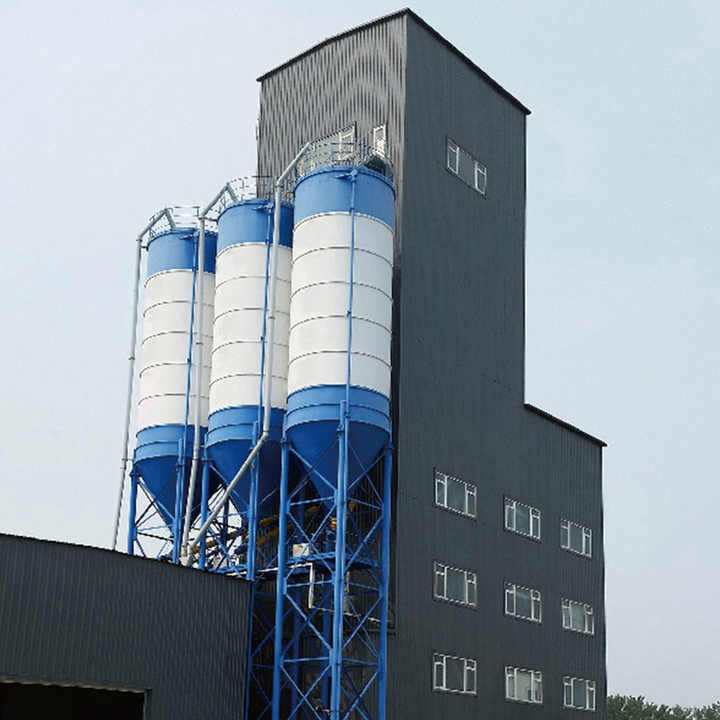
-
Vibrators: Ensures proper consolidation, eliminating honeycombing in footings/walls.
-
-
Cost-Benefit Analysis: Compare rental cost (+delivery) vs. value of saved labor time, improved quality (reducing risk of costly repairs/replacement), enhanced safety, and project feasibility. Often, renting key machinery makes larger DIY projects viable and successful.
-
Knowing Your Limits: Emphasize safety – don't operate complex machinery without training/understanding risks. When in doubt, hire a pro for machinery operation or the whole pour.
-
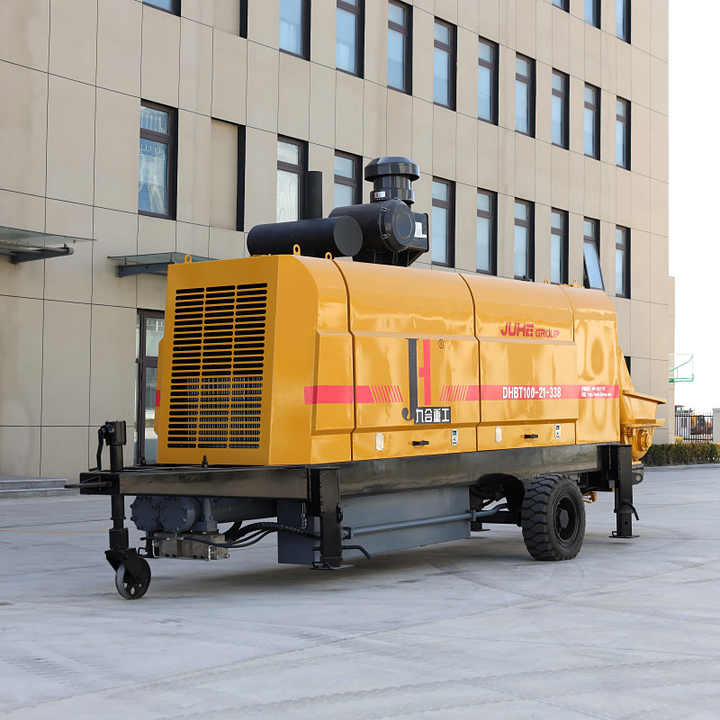 Roll, Mix, Pour: Inside the Z
Roll, Mix, Pour: Inside the Z
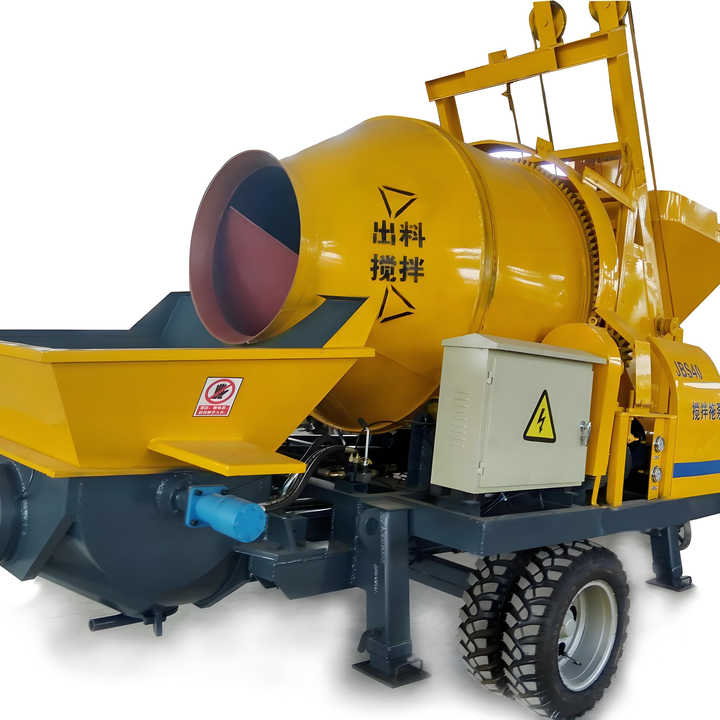 High-Efficiency in Action: How
High-Efficiency in Action: How
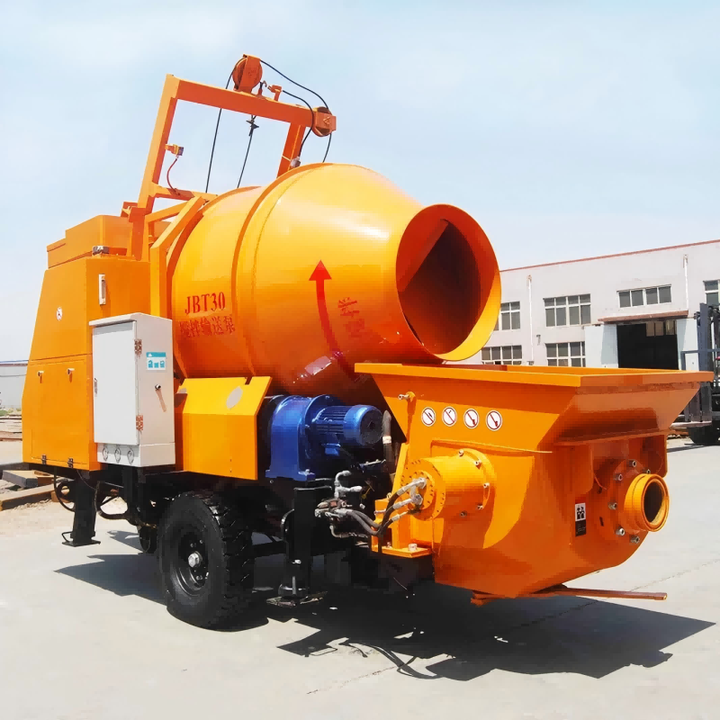 Clean Lines, Smooth Pours: Zoo
Clean Lines, Smooth Pours: Zoo
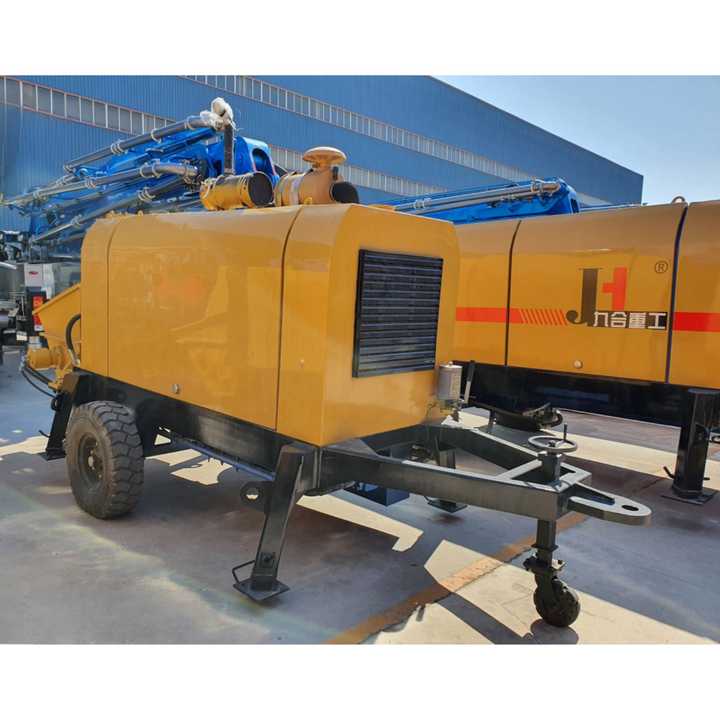 Master the Flow: A Step-by-St
Master the Flow: A Step-by-St
